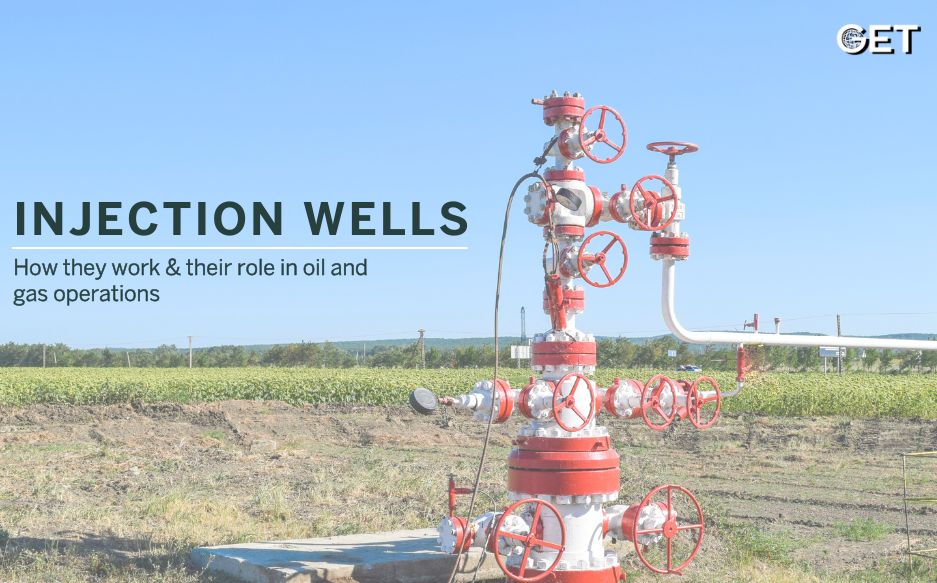
The upstream oil and gas industry depends on several technologies for production enhancement and reservoir performance management. Injection wells are critical to this process; they are meant to maintain pressure, dispose of waste, and enhance recovery. We’ll go into the working principles of injection wells and their importance for oil and gas companies.
Injection wells are specialized wells used by oil and gas companies to inject fluids (water, gas, or chemicals) into underground formations. These wells serve many functions-injecting water for enhanced oil recovery (EOR), disposal of wastewater, and maintaining reservoir pressure.
The injection well operational procedures involved are as follows:
However, with the benefits come challenges, including groundwater contamination potential, induced seismicity, and expensive operations. Agency bodies such as the Environmental Protection Agency (EPA) and local governing bodies have set strict rules to implement safe injection actions for the protection of the environment.
Injection wells are indispensable for the upstream oil and gas industry, enabling enhanced recovery, efficient waste management, and sustainable reservoir management. By leveraging advanced injection techniques and adhering to regulatory standards, oil and gas companies can optimize production while ensuring environmental safety.
As technology advances, innovations in injection well design and monitoring continue to enhance their efficiency, making them a crucial asset for the future of energy production.
Read Also- Oil and Gas Jobs in the KSA – Current Opportunities & Career Development

By Get global | February 27, 2026
The oil and gas industry is complex and high-risk, making it essential for operators to select oilfield service partners based on more than just price or equipment availability. In the upstream sector—especially in the Middle East—Health, Safety, and Environmental (HSE) performance is now a key factor in decision‑making. Strong HSE […]

By Get global | February 24, 2026
Choosing an oilfield service provider rarely feels like a risky decision at the start. On paper, most providers look capable. Certifications are in place. Equipment lists are impressive. Commercial terms appear competitive. The problems usually show up later. A few weeks into operations. After the first unplanned shutdown. When coordination […]

By Get global | February 19, 2026
In today’s constantly evolving energy landscape, selecting the right Upstream Oilfield Services Provider is not only essential but also a strategic decision that directly influences the performance, safety and well being of the workforce. The upstream oil and gas sector operates in one of the most hazardous and risk – […]

By Get global | February 12, 2026
In today’s rapidly evolving energy landscape, the upstream segment is not only crucial in the oil and gas industry but also the basis of finding and exploring hydrocarbons. As projects move into deeper and much complex territories, upstream companies are involved in all the phases of the oil and gas […]

By Get global | February 6, 2026